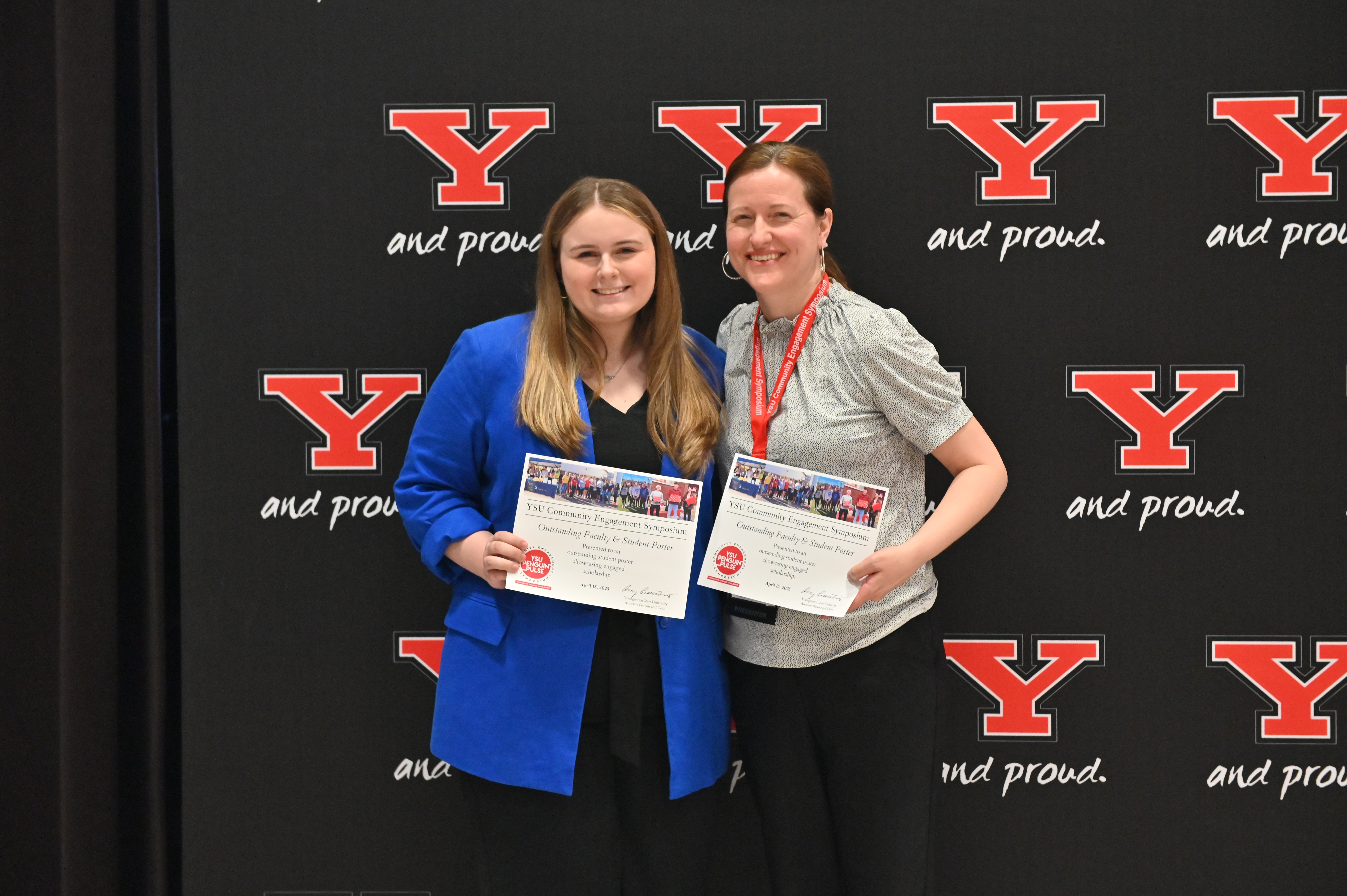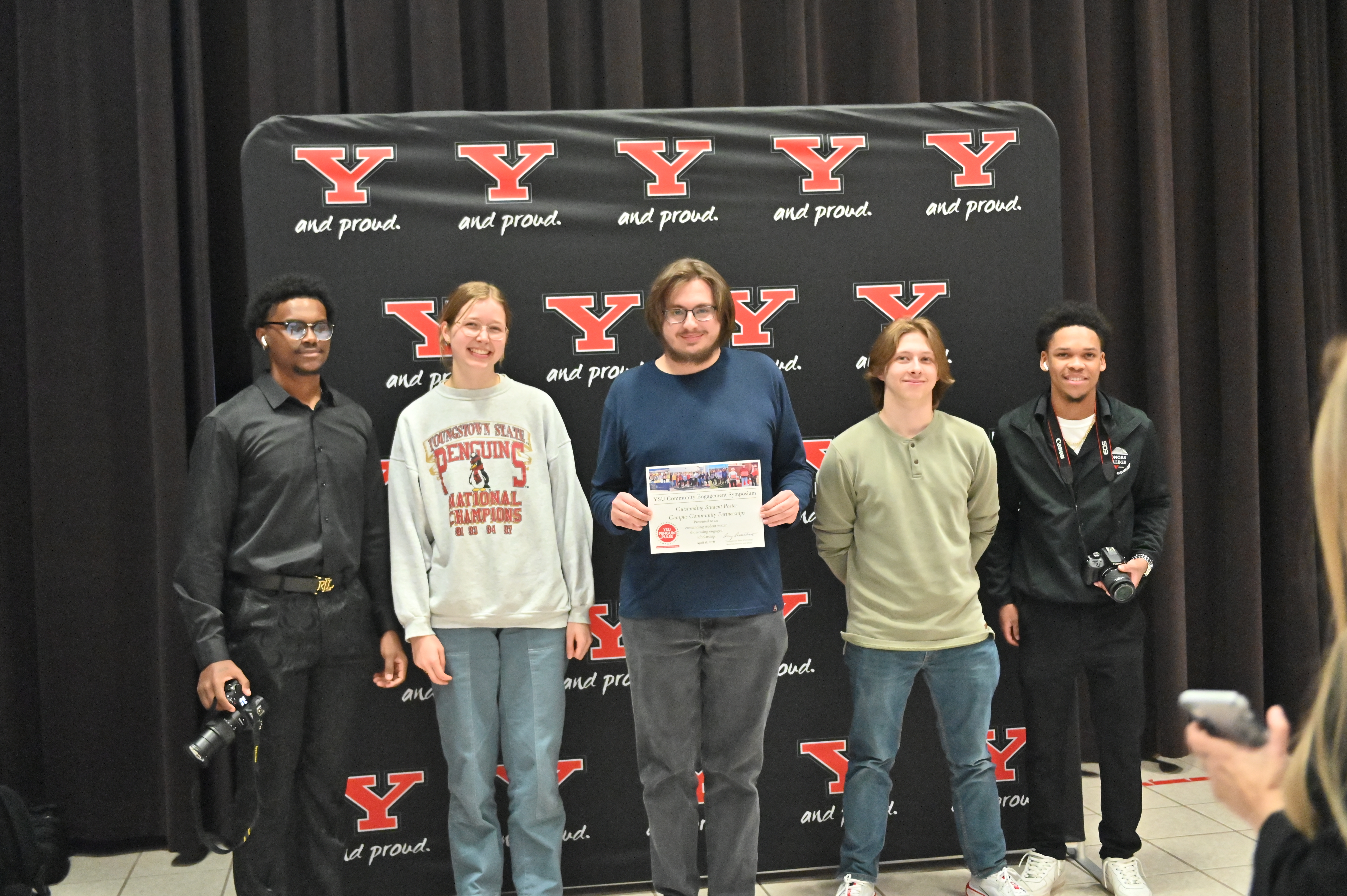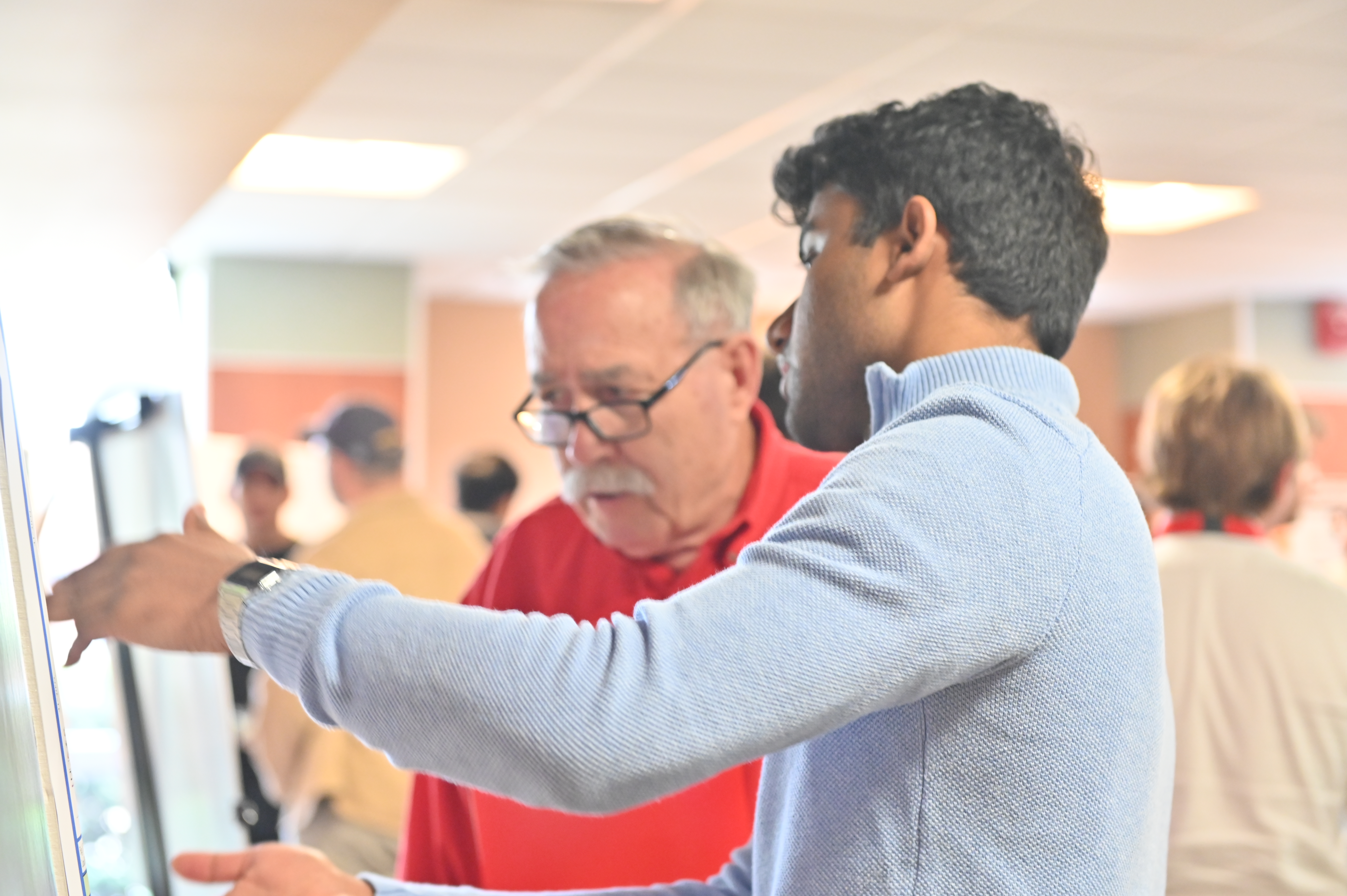Office of Community Engagement

Assistance to Community Partners
The YSU Office of Community Engagement values its partnerships between community organizations and YSU students, faculty, and staff. Community partners in need of assistance (i.e. volunteers, interns, committee members, etc.) can express their needs here.
Empowering knowledge to serve the community
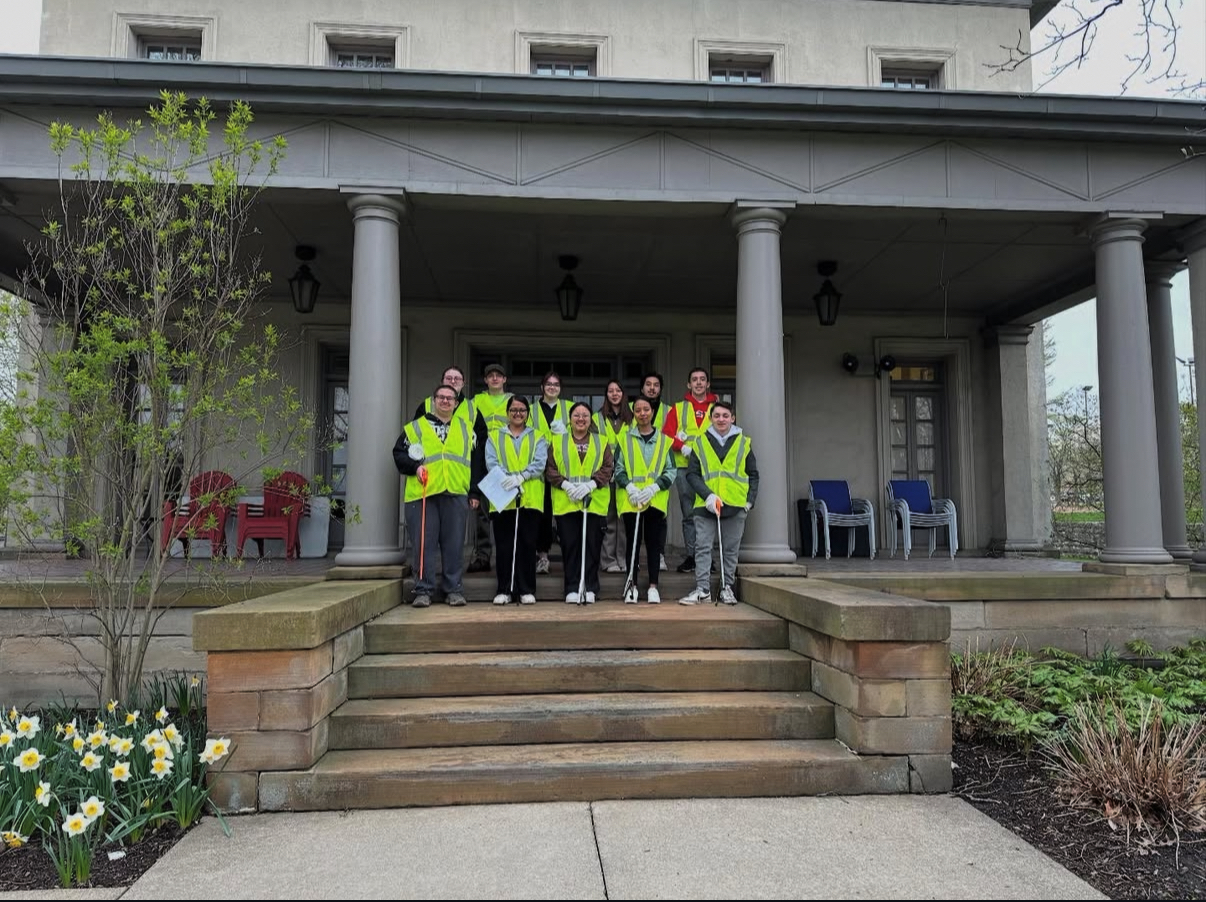
The Office of Community Engagement (OCE) is dedicated to the collaboration and creation of community partnerships to positively impact the region.
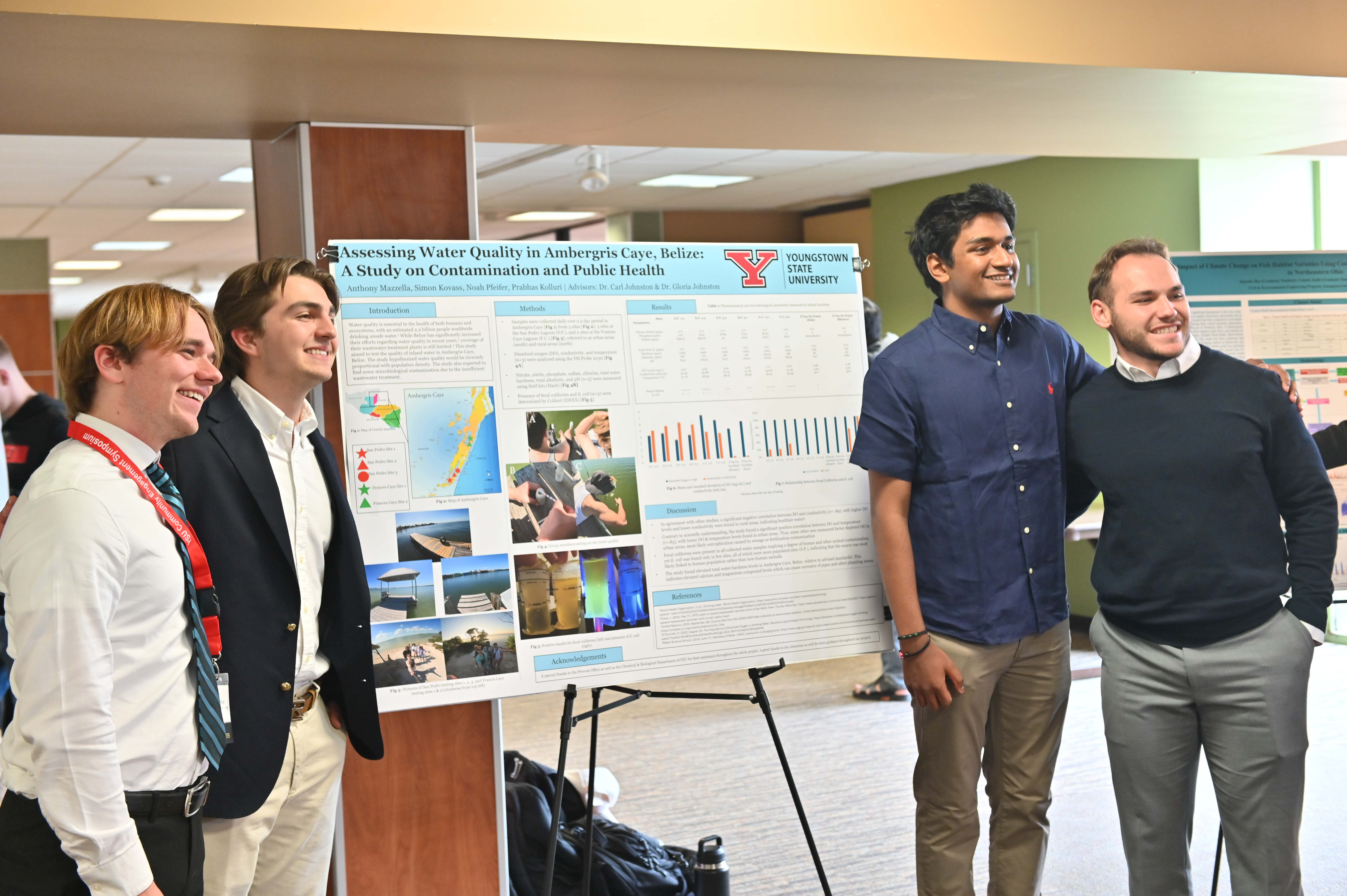
The YSU Community Engagement Symposium is the annual on-campus showcase of community engaged scholarship. Students, faculty, staff, alumni, and community partners share their community engaged scholarship and are recognized for their work.
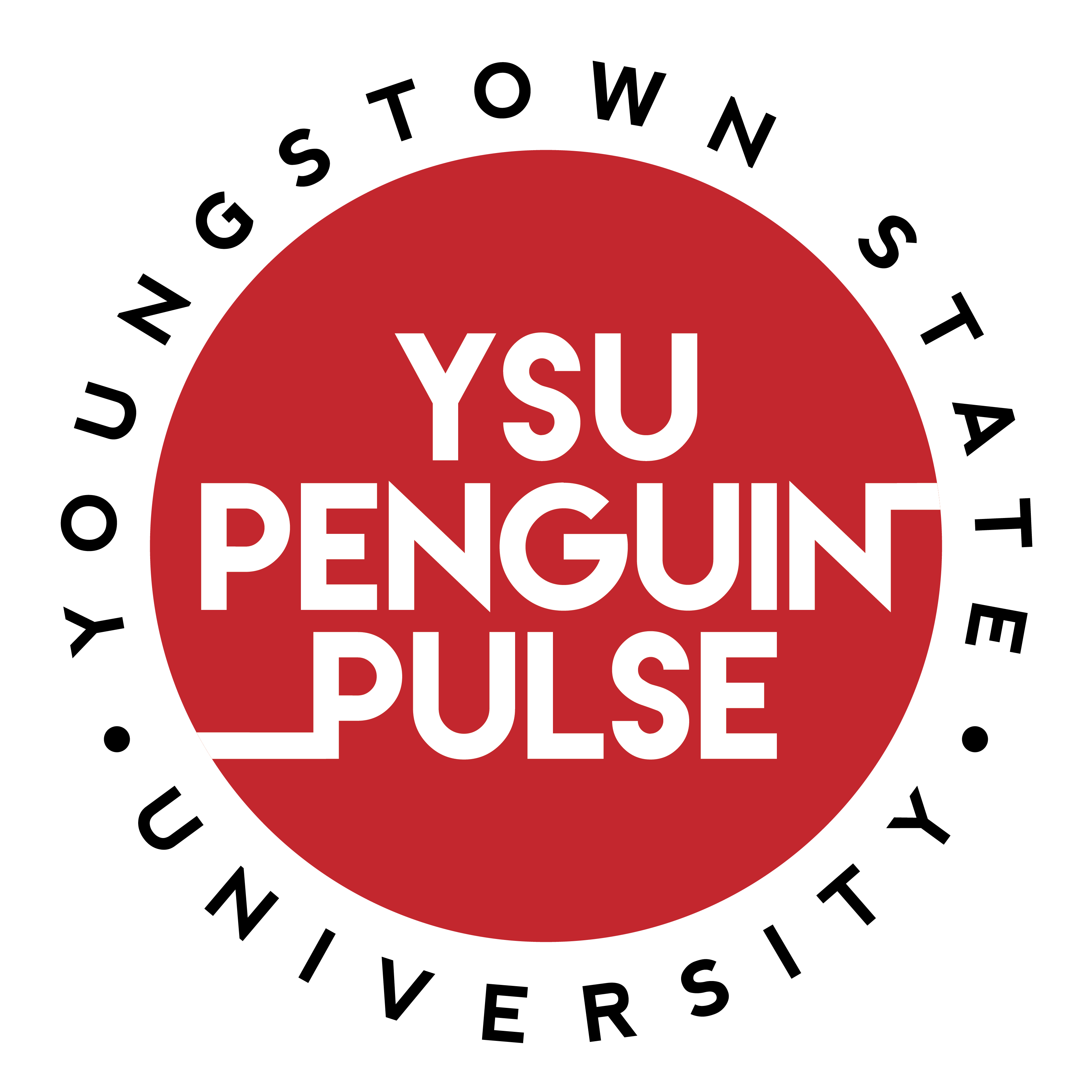
YSU PenguinPulse is the university platform for finding community engagement opportunities and logging impacts.
Click through the various tabs on this page to learn more.
The Office of Community Engagement (OCE) is dedicated to the collaboration and creation of community partnerships to positively impact the region. OCE serves as the centralized coordinating structure to enhance communication, connect organizations with the appropriate campus resources to advance collaboration requests, and collect all of the community-based experiences from students, faculty, and staff. Additionally, the OCE works with organizations to secure external funds to support meeting community needs and the people they serve. Led by experienced professionals, the OCE provides support and a variety of services to community organizations and departments across campus.
To support Youngstown State University’s mission and core values, the goals of the Office of Community Engagement include:
- Working with community partners to identify needs in the community and strategies for addressing such needs
- Tracking the community impact of our students, faculty and staff via YSU PenguinPulse, our community engagement platform
- Incorporating community engagement and experiential learning into the YSU curriculum
- Communicating the value of community engagement for all participants
- Pursuing and securing funding in support of university and community priorities
- Leading the institutional goal to achieve the Carnegie Foundation Elective Classification for Community Engagement
- Developing the framework to optimize, coordinate, and manage community engagement
YSU Definition of Community Engagement
YSU has adopted the Carnegie Foundation definition for community engagement:
"Community engagement describes collaboration between institutions of higher education and their larger communities (local, regional/state, national, global) for the mutually beneficial exchange of knowledge and resources in a context of partnership and reciprocity. The purpose of community engagement is the partnership of college and university knowledge and resources with those of the public and private sectors to enrich scholarship, research, and creative activity; enhance curriculum, teaching, and learning; prepare educated, engaged citizens; strengthen democratic values and civic responsibility; address critical societal issues; and contribute to the public good."
Further, at YSU, community engagement is the collaboration between YSU and the larger community for the mutually beneficial exchange of knowledge and resources; most often service with a community partner or nonprofit organization.
There are four criteria that serve as standards in which courses submitted for CEL designation are reviewed and evaluated. They include:
- Engagement - The engagement component meets a public good through a collaboration between faculty and community partners. Students’ engagement has community impact. The course’s intent for the community is clear and valuable.
- Reflection - There is a mechanism for students to link their learning to course content. There is an opportunity to reflect upon the importance of the engagement.
- Reciprocity - Reciprocity is evident in the engagement component. All participants are in the role of teacher and learner, allowing mutual benefit for the student, the organization, and the community. Community partners involved in planning, evaluating & assessing.
- Public Dissemination - The engagement experience is presented to the partner/public or allows the opportunity for the community to engage in public dialogue.
In contrast, YSU defines community outreach as the effort of extending university resources, services, or expertise to meet the needs of the community that is one-directional in nature. Community outreach is done “for” an organization or the community, while community engagement is done “with” an organization for shared ownership and benefit.
And finally, university service, for students, is defined as unpaid time helping YSU areas/departments execute programs for the benefit of the YSU community and its students.
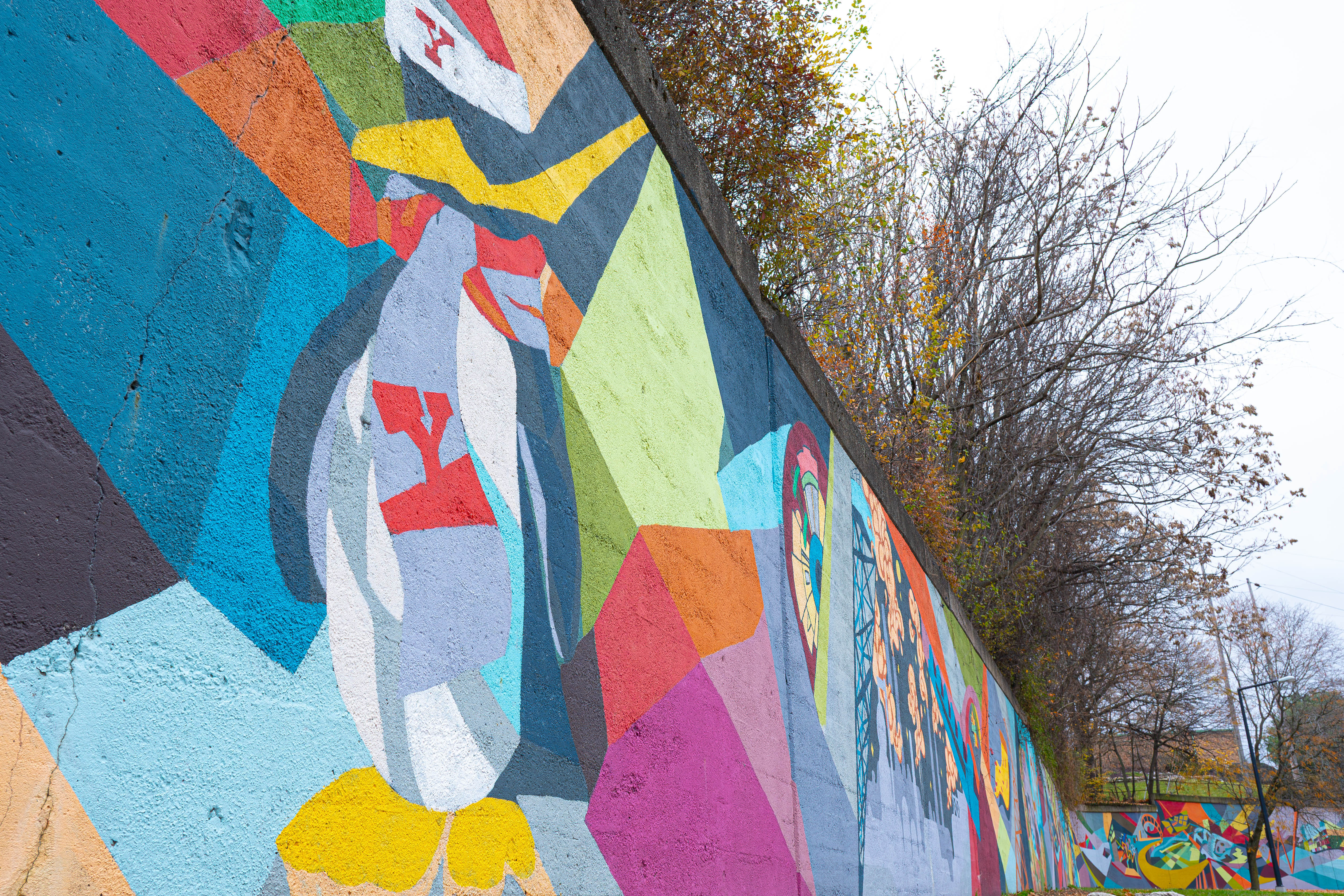
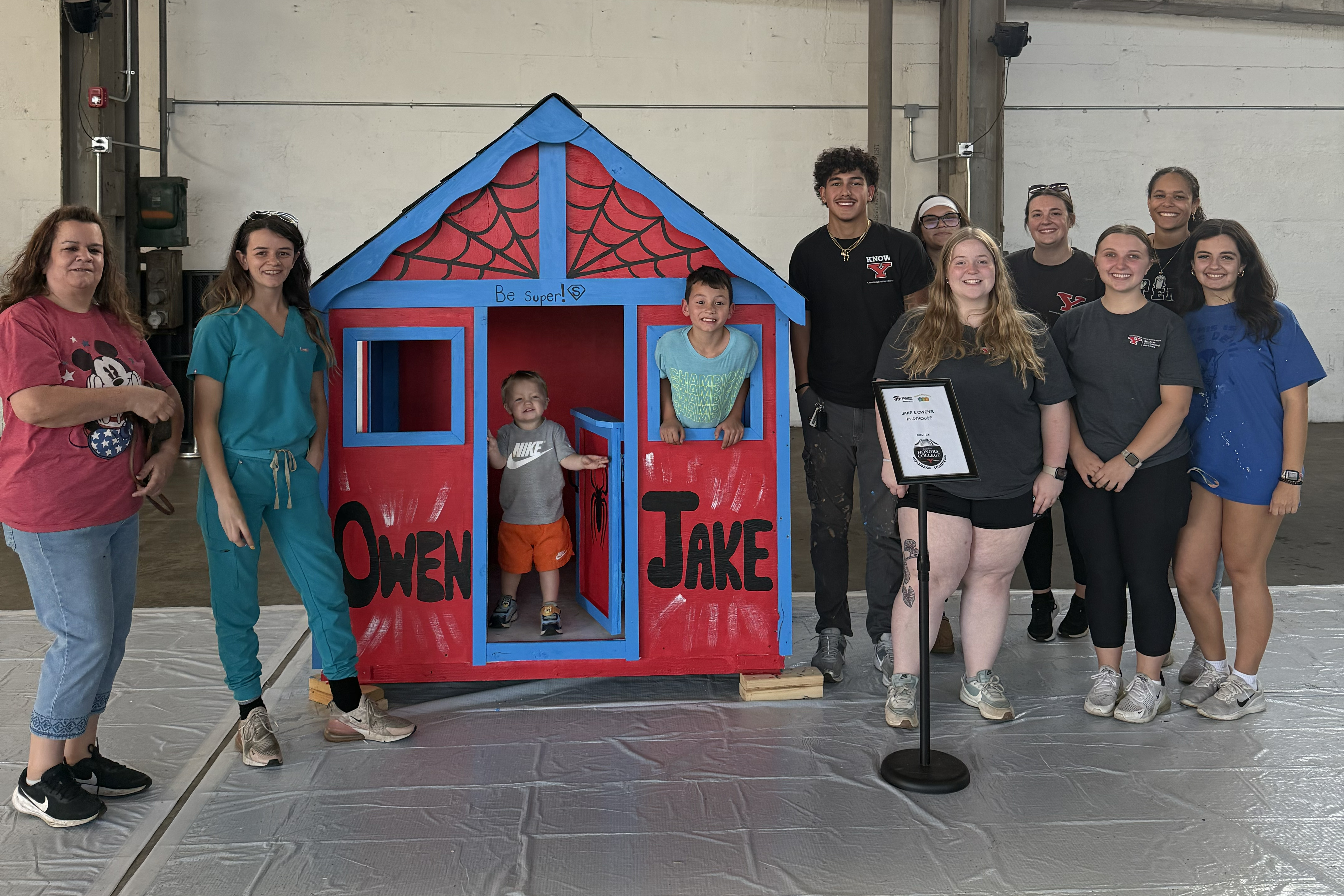
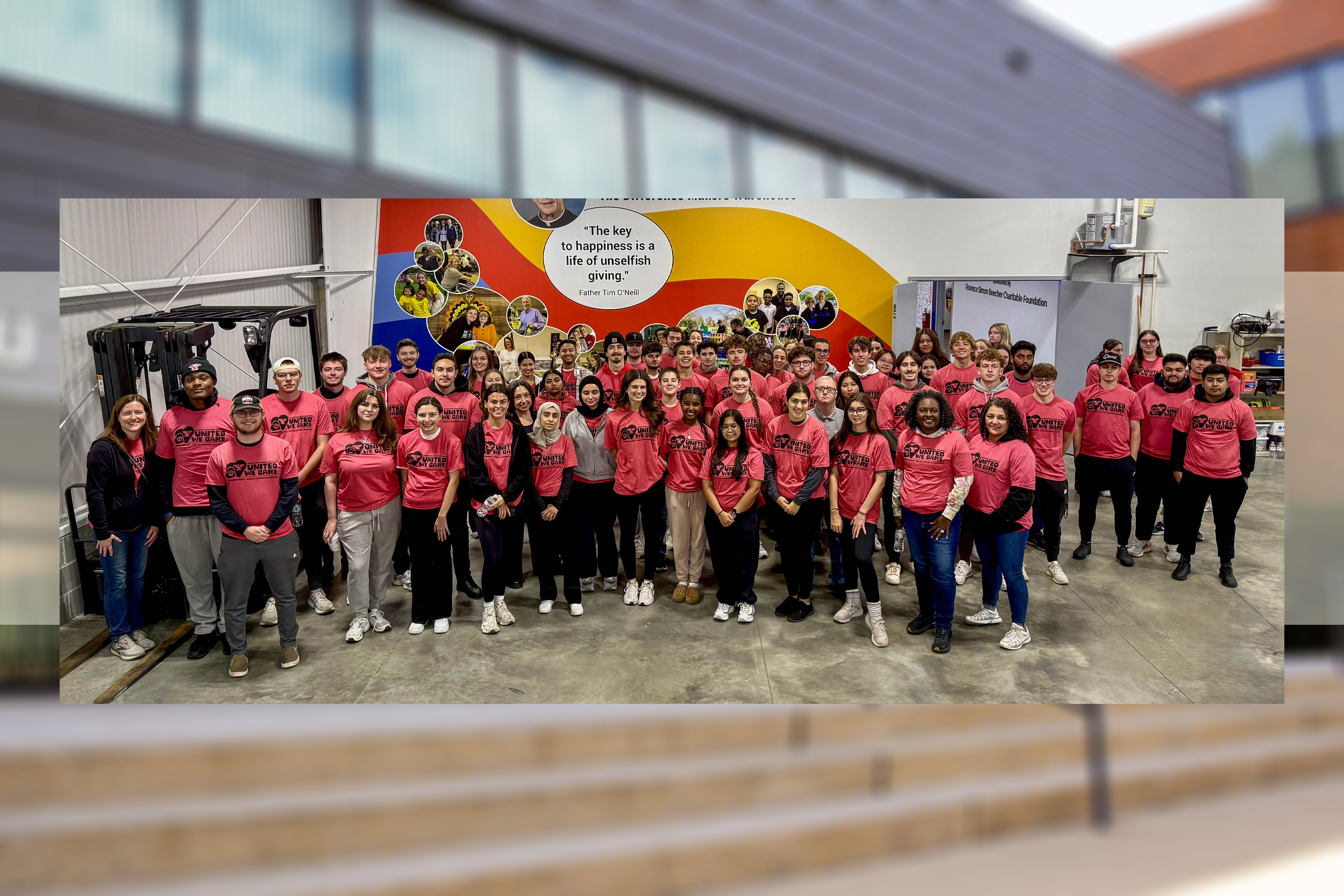
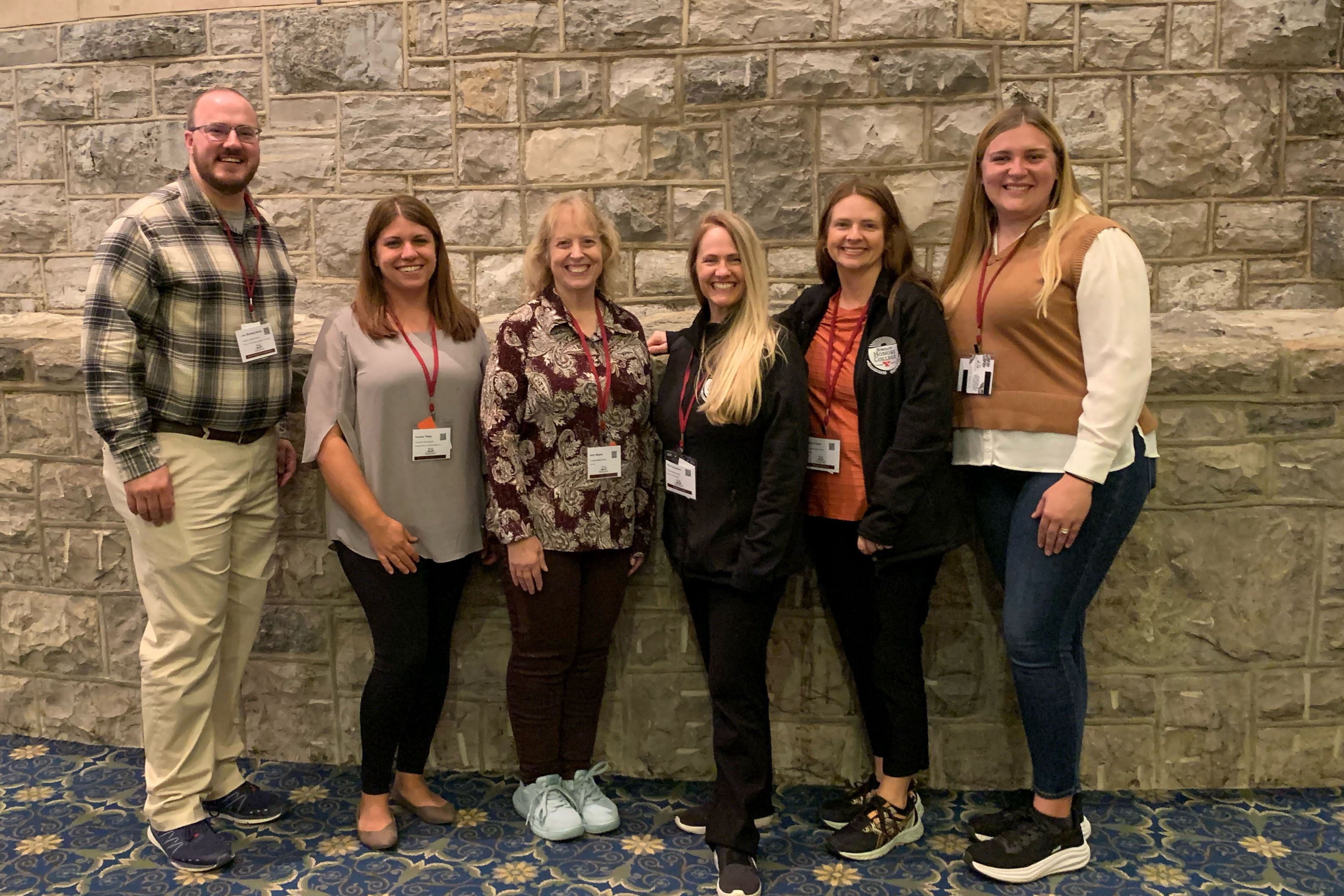
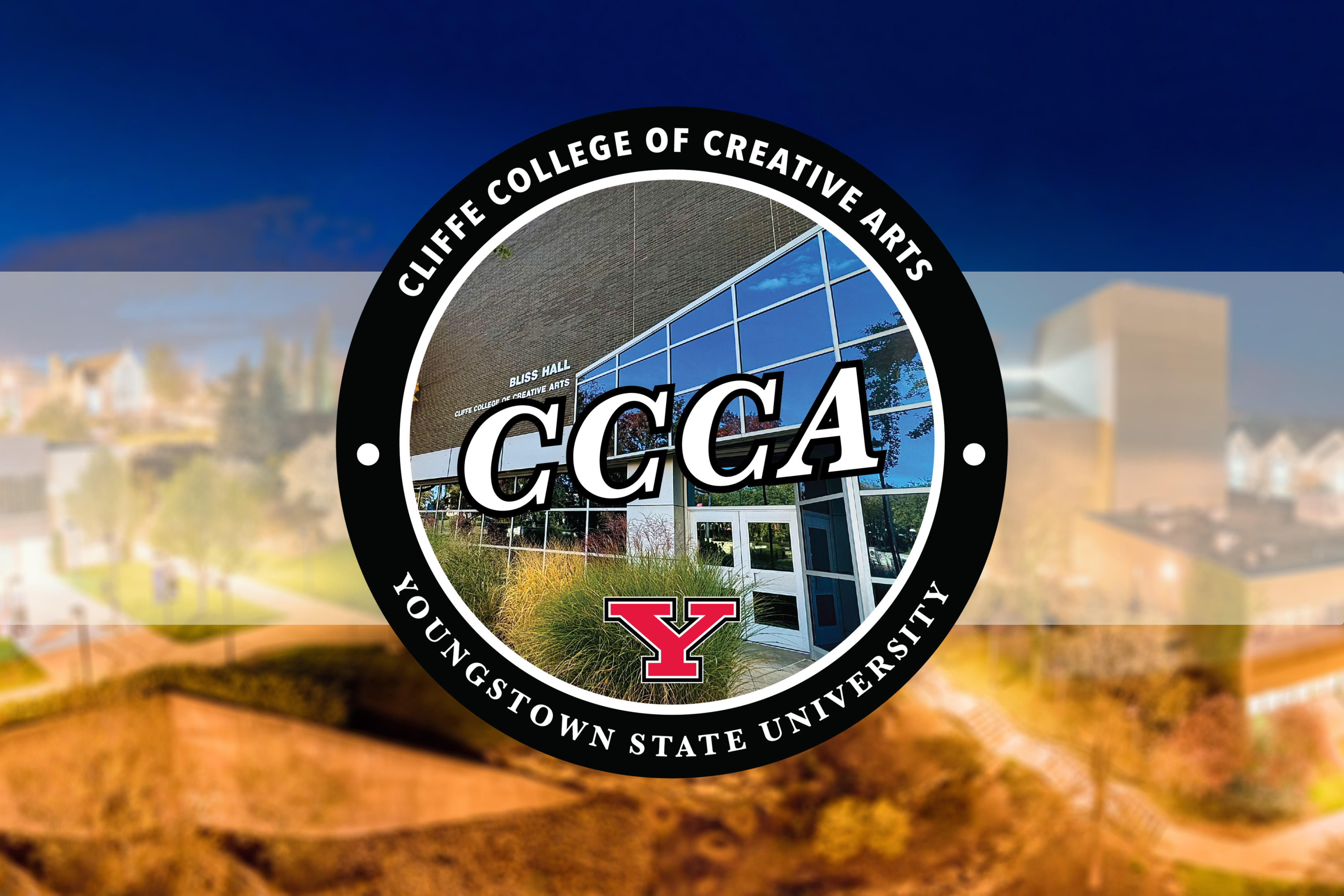
YSU PenguinPulse is the university’s platform for finding and tracking community engagement opportunities. All students, faculty, staff, and community partners use this online space to collaborate on volunteer activities and service-learning.
Community partners may request a free account for volunteer management by reaching out to communityengagement@ysu.edu or by using the link below.

Getting Started
All YSU students, faculty, and staff automatically have an account within YSU PenguinPulse.
To log into the platform:
- Go to ysu.givepulse.com.
- In the top right-hand corner, click the user dropdown. Select “Log In.”
- Click “Login via YSU” and use your YSU username and password.
To find volunteer opportunities:
- Go to ysu.givepulse.com and click on the Events tab.
- Click on "Type" and filter for "Volunteer / Service Opportunity."
- Scroll the list of opportunities or filter for more specific parameters.
- Also, be sure to open your monthly email newsletter from the Office of Community Engagement to find a list of upcoming volunteer opportunities in every issue.
After registering for a community engagement opportunity and volunteering, log your service by:
- Going to the event page you signed up for OR selecting the user dropdown in the top right-hand corner.
- Clicking "Add Impact."
- Following the prompts as necessary to find the organization you served, mark if your services was attached to a course, add your hours or donation, and reflect upon your experience.
If you are full-time faculty who are already using Watermark to track community engagement, you do not have to double-track in YSU PenguinPulse. Please just ensure you are checking the community engagement box in Watermark when applicable.
If your organization does not have an account on GivePulse (our parent company for YSU PenguinPulse), you can request a group page be created here. We will build your page and connect the person you identify as your admin to it.
Once you have your account, you will be able to create volunteer opportunities for students, faculty, and staff to view and sign up for directly through the platform. You can also communicate with registrants and verify their volunteer hours.
YSU offices, departments, and areas have a special presence on YSU PenguinPulse as subgroups. If you would like to become an admin for your area’s subgroup, you can email communityengagement@ysu.edu to request access.
As an admin, you can post both service-learning and university service opportunities for students to take part in.
e.g., Research opportunities that serve community partners, volunteering for English Fest, assistance with IGNITE, helping out at a YSU sporting event, etc.
Once you become an admin, you will receive resources and training from the Office of Community Engagement.
All approved student organizations at YSU have a subgroup on YSU PenguinPulse. If you do not see your student organization listed or need to update advisor or student leader admins, please email communityengagement@ysu.edu.
Student leaders can post community engagement opportunities for members to sign up for; e.g., Guinathon planning, sorority/fraternity philanthropy activities.
Additional FAQs
How do I promote a community engagement opportunity on YSU PenguinPulse?
- Go to ysu.givepulse.com, log in, then click on the "Submit Opportunity" button to fill out a form for your event, OR
- Click on the "Subgroups" tab, search for your YSU college/dept./office/center page, and click on it. Find your page's administrator and click "Message" to tell them about your event to get it added to your area's YSU PenguinPulse page.
As a faculty member, how do I track impacts from my courses?
If you'd like to add several impacts for multiple users (i.e., for a community-engaged learning experience in your course), you can bulk import the impacts:
- Create a spreadsheet that includes columns for student first names, last names, YSU emails, semester, hours completed, organization served, and course.
- Save as a .csv file.
- Email the .csv file to communityengagement@ysu.edu, along with a description of the community engagement activity and student reflections, and we will upload the impacts into YSU PenguinPulse.
What counts as an "impact" in YSU PenguinPulse?
An impact can be added for any community engagement activity or university service.
YSU has adopted the Carnegie Foundation's definition of community engagement. The full definition can be found here.
Further, at YSU, community engagement is the collaboration between YSU and the larger community for the mutually beneficial exchange of knowledge and resources; most often service with a community partner or nonprofit organization.
e.g., Packaging food for families at United Way's Satur-Day of Caring event, serving on the Guinathon team to benefit Akron Children's Hospital, tutoring local grade school students, etc.
University service, for students, is: Unpaid time helping YSU areas / departments execute programs for the benefit of the YSU community and its students.
e.g., Volunteering for Penguin Preview Day, showing students how to register during orientation, helping out at a YSU sporting event, etc.
What does NOT count as an impact?
Activities that fall under the category of on-campus involvement should not be added as impacts in YSU PenguinPulse.
On-campus involvement is defined as: Student organization or campus event participation/leadership not tied to engagement with or for a community partner.
e.g., Attending student organization meetings, athletic events, theater productions, etc., taking on a leadership position in a student organization, planning an on-campus academic or social event with no service component. Such events may be posted as events in YSU PenguinPulse, but they do not count as community engagement.
Where can I find more help with YSU PenguinPulse?
- The Office Community Engagement's YouTube channel.
- The YSU PenguinPulse Monthly newsletter, which is sent out at the beginning of each month from the OCE.
- By emailing communityengagement@ysu.edu
YSU uses “community-engaged learning” to indicate academically based community-engaged courses. Approved courses are designated “CEL courses” and are listed with a “CE” attribute in the course catalog due to system limitations.
The Community-Engaged Learning (CEL) course application is designed to assist faculty with the development of a course to meet the benchmarks required of CEL courses at Youngstown State University. Approved courses will receive the Community-Engaged Learning designation attribute.
Criteria for CEL Courses
There are four criteria that serve as standards in which courses submitted for CEL designation are reviewed and evaluated. They include:
Engagement
The engagement component meets a public good through a collaboration between faculty and community partners. Students’ engagement has community impact. The course’s intent for the community is clear and valuable.
Reflection
There is a mechanism for students to link their learning to course content. There is an opportunity to reflect upon the importance of the engagement.
Reciprocity
Reciprocity is evident in the engagement component. All participants are in the role of teacher and learner, allowing mutual benefit for the student, the organization, and the community. Community partners involved in planning, evaluating & assessing.
Public Dissemination
The engagement experience is presented to the partner/public or allows the opportunity for the community to engage in public dialogue.
Our Strategic Plan to Take Charge of our Future states that YSU will bring about collective impact in the region when we “create deliberate, mutually beneficial, educational, civic, industry, and philanthropic partnerships that achieve equitable and innovative regional development.”
- To achieve mutually beneficial outcomes, the plan specifies the priorities to:
- Listen to community needs.
- Work collaboratively to tackle these needs.
- Actively collaborate with organizations that share in YSU’s mission.
Further, YSU’s vision and core values promote a community-engaged campus. In its vision statement, YSU is seen as a place “where community engagement is a cornerstone of collaboration” that leads to innovative solutions that benefit both students and the community.
This page highlights a sampling of partnerships and initiatives that are meeting the needs of our community.
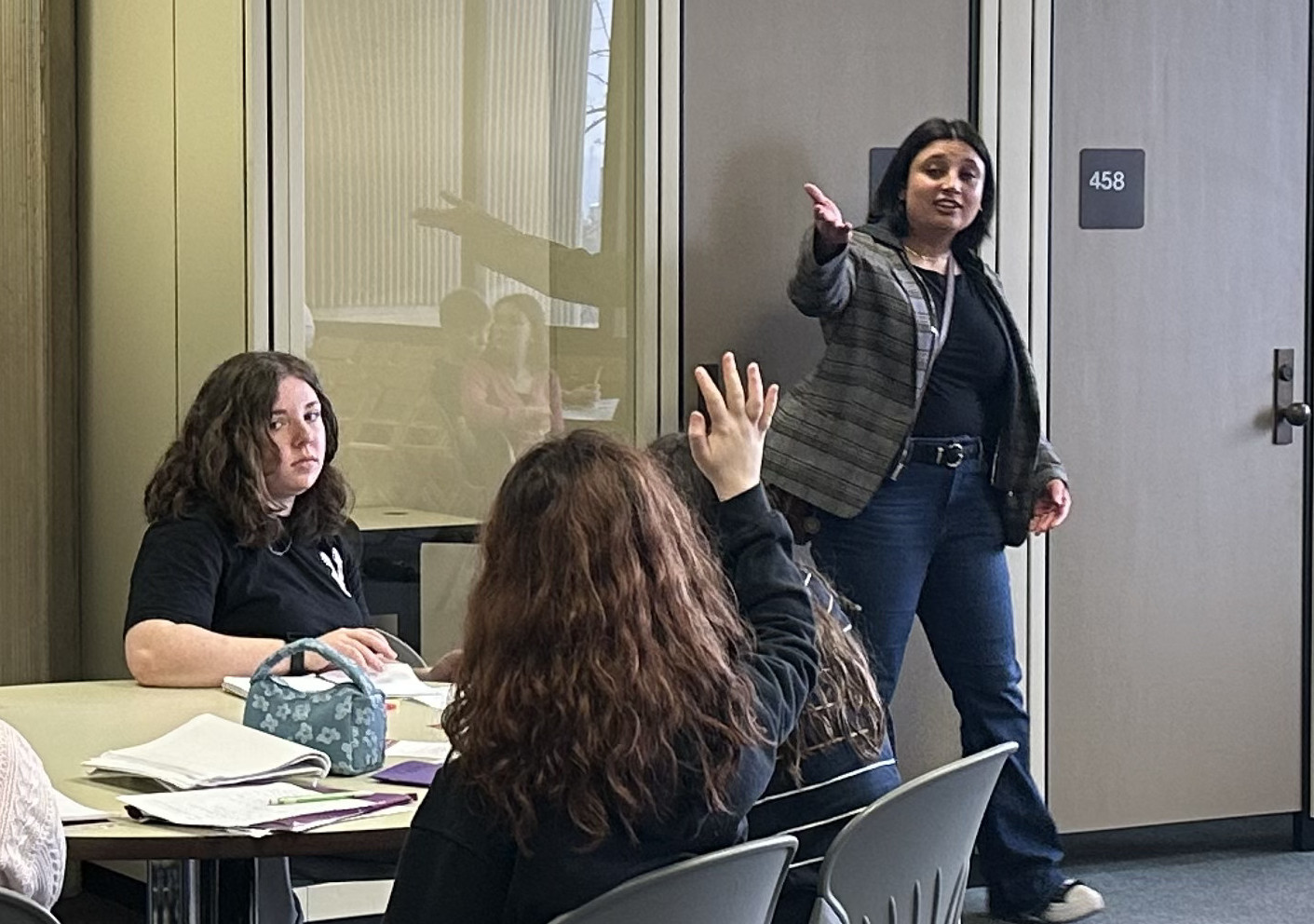
YSU English Festival
Since 1978, the university has been hosting the Youngstown State University English Festival, a unique spring event that reaches approximately 3,000 middle and high school students from five surrounding counties in Ohio and Pennsylvania, their teachers and parents, area librarians, and interested community members.
“It is a positive day for me as an educator to see so many students absorbed in literature and writing. Because the students walk away with attitudes of enjoyment and learning, it makes it worthwhile. I also enjoy judging to have exposure to the writing being completed by these students. I find it to be a heartwarming experience seeing the motivation and effort that is put in preparing to come to the festival.”
~Local educator
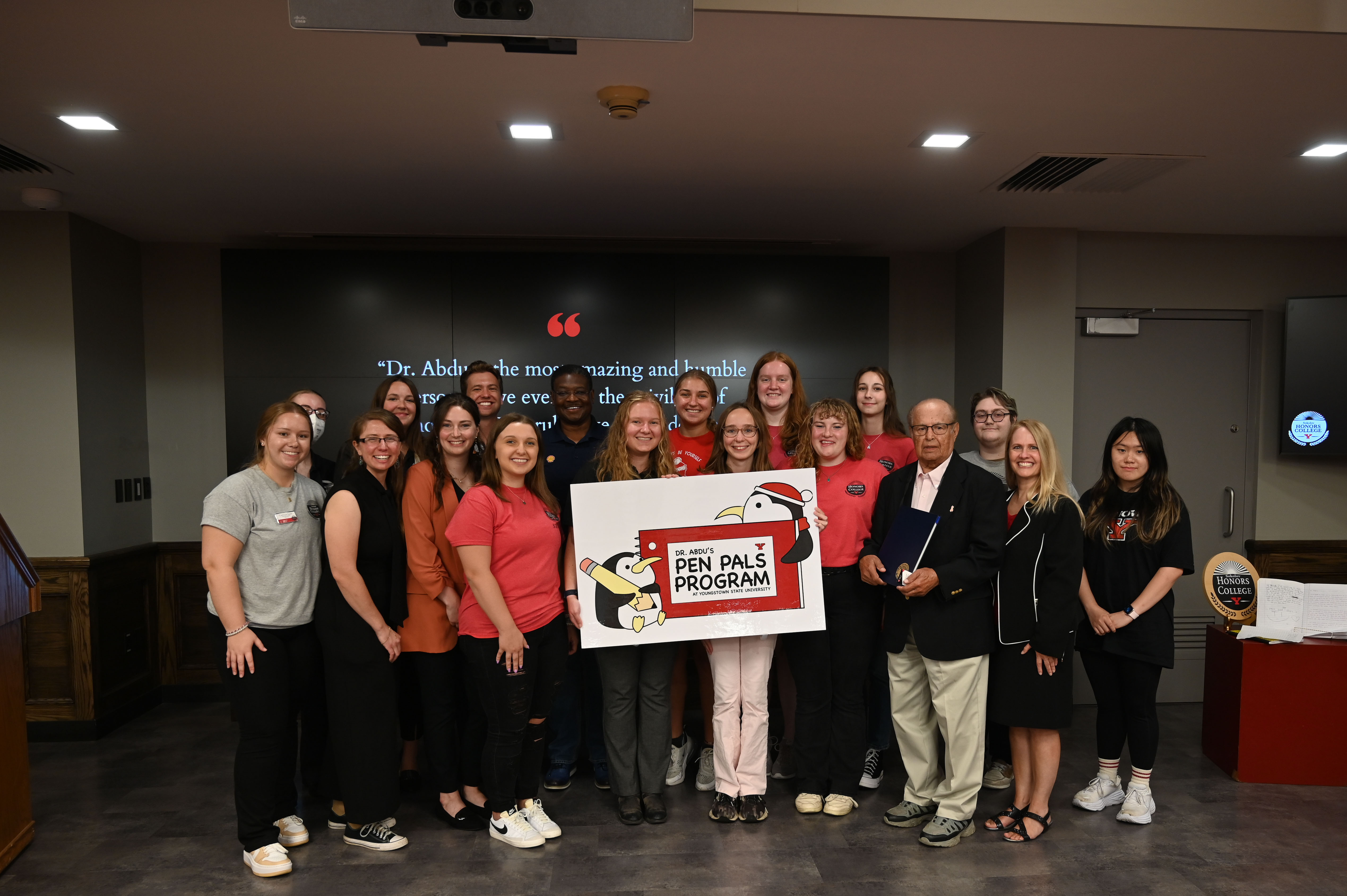
Dr. Abdu Pen Pals Program
The Dr. Abdu Pen Pals Program has a rich history at YSU, dating back to 2012. The program connects honors students with local elementary school learners through the exchange of written journals.
Elementary teachers report increased proficiency with spelling and grammar and an excitement for reading and writing. School attendance has also improved.
YSU student leaders organize the journals, ensure students are responding, and transport the journals between YSU and the elementary schools every other week. They share feedback such as, "Being able to communicate with young students is both meaningful and fulfilling for me."
In 2023, Shell Polymers Monaca, a petrochemical company operating in the region, became the primary financial sponsor of the program, which was named in honor of Dr. Rashid Abdu, a longtime tutor and beloved local surgeon who inspired the idea.
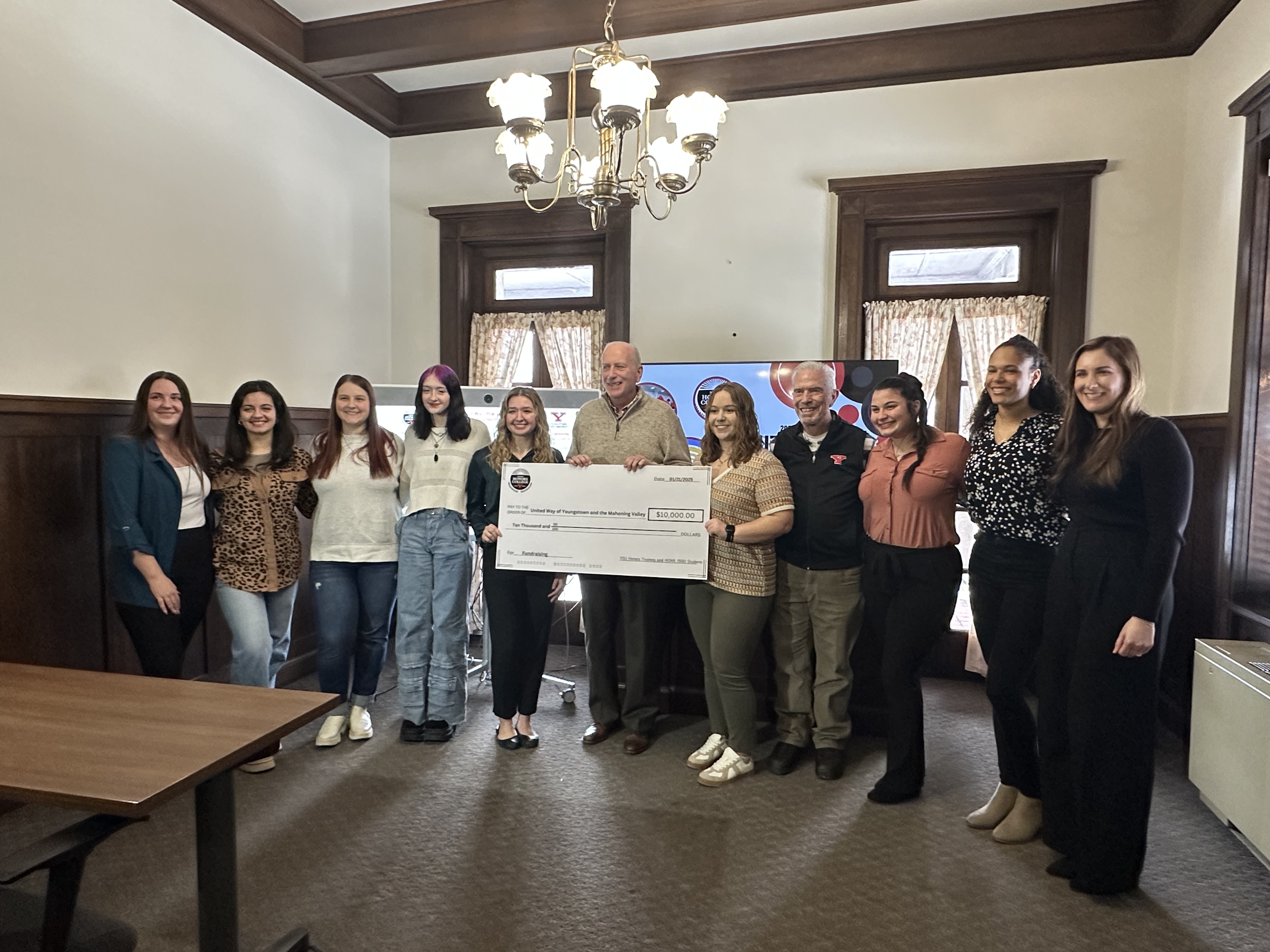
United Way
YSU and United Way collaborate in multifaceted ways to benefit students and the community. A student community fellow works to liaise between YSU and United Way to ensure smooth collaboration.
Each year thousands of students in the Mahoning Valley are screened by nursing students for vision problems. The United Way, along with the schools, have collected data showing improved academic performance in participating schools. Since 2017, tens of thousands of students have been screened.
Students, faculty, and staff join United Way monthly at the SaturDay at Caring where volunteers pack up and distribute food to more than 400 local families each month.
Students working with the VITA tax preparation program learn more than accounting skills. They learn communication, empathy, and much more.
Students in the Sokolov Honors College worked to raise $10,000 for United Way during the 2024-25 academic year. Read more about their efforts here.
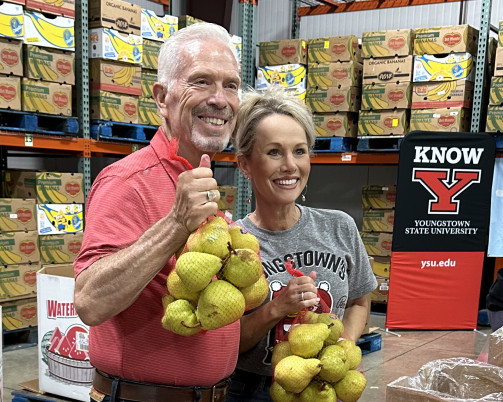
Second Harvest Food Bank
YSU partners with Second Harvest Food Bank of the Mahoning Valley through regular food packing days that include YSU students, faculty, and staff. Last summer, President and First Lady Johnson joined the effort to pack 970 bags the day that the food bank unveiled its new addition. Through the semester, honors students return to Second Harvest weekly to prepare food items for distribution.
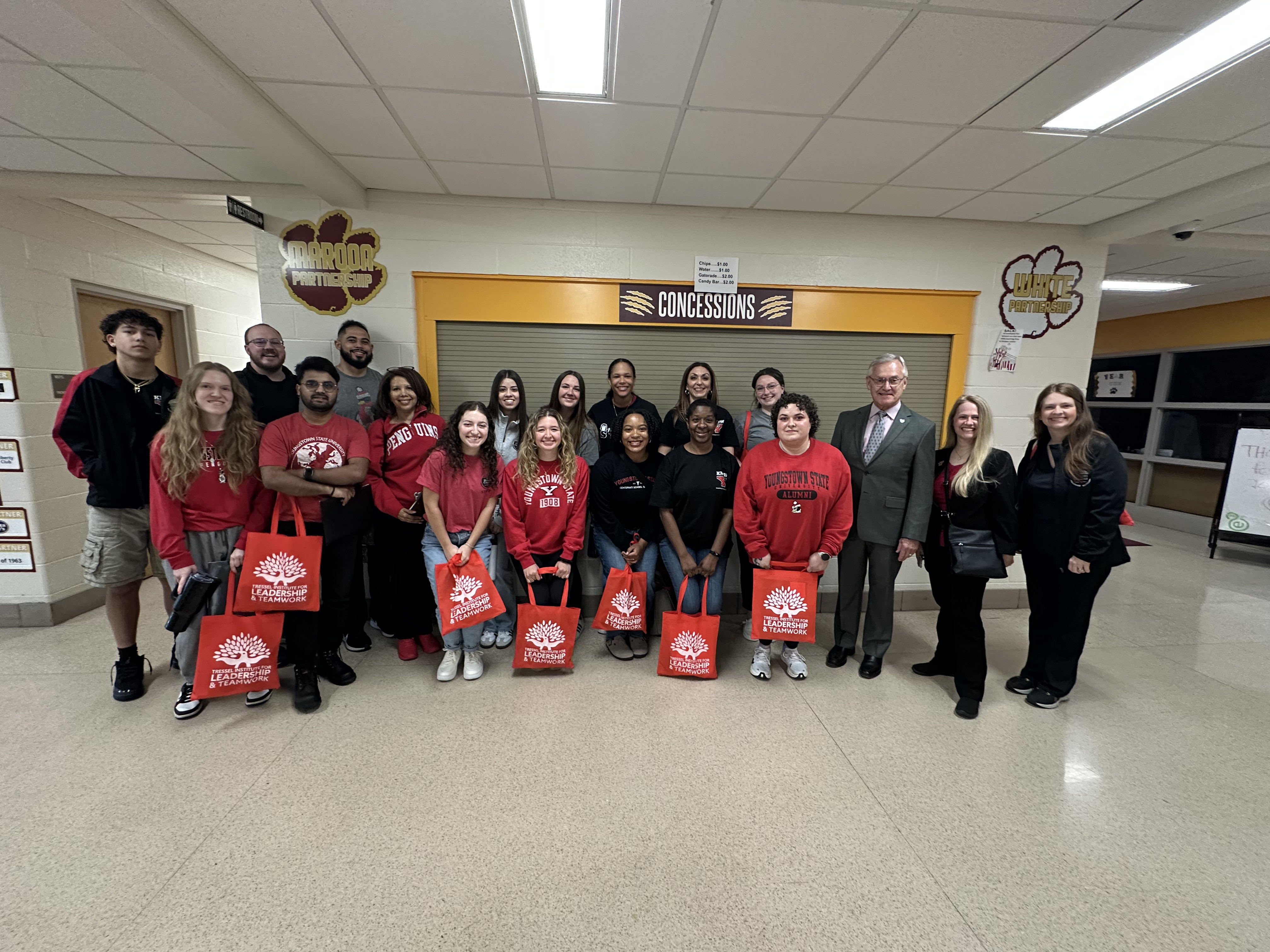
TILT High school program
The Tressel Institute for Leadership and Teamwork (TILT) empowers students to become impactful leaders, driving positive change within their communities and organizations.
The TILT High School program fosters personal and professional growth by providing hands-on learning experiences. Through a variety of fun and engaging activities, students have the opportunity to explore what makes a great leader and how to work effectively in teams.
YSU partnered with South Range and Liberty during the 2024-25 academic year.

Youngstown State University has been awarded the Carnegie Foundation Elective Classification for Community Engagement, a prestigious national recognition honoring institutions that demonstrate an exceptional commitment to meaningful, reciprocal partnerships with their communities. Youngstown State was both a first-time applicant and recipient in 2026.
The classification, granted by the Carnegie Foundation for the Advancement of Teaching, recognizes colleges and universities that integrate community engagement into their mission, culture, curriculum and operations through measurable impact.
The university expresses much gratitude to all those stakeholders who have on this journey together.
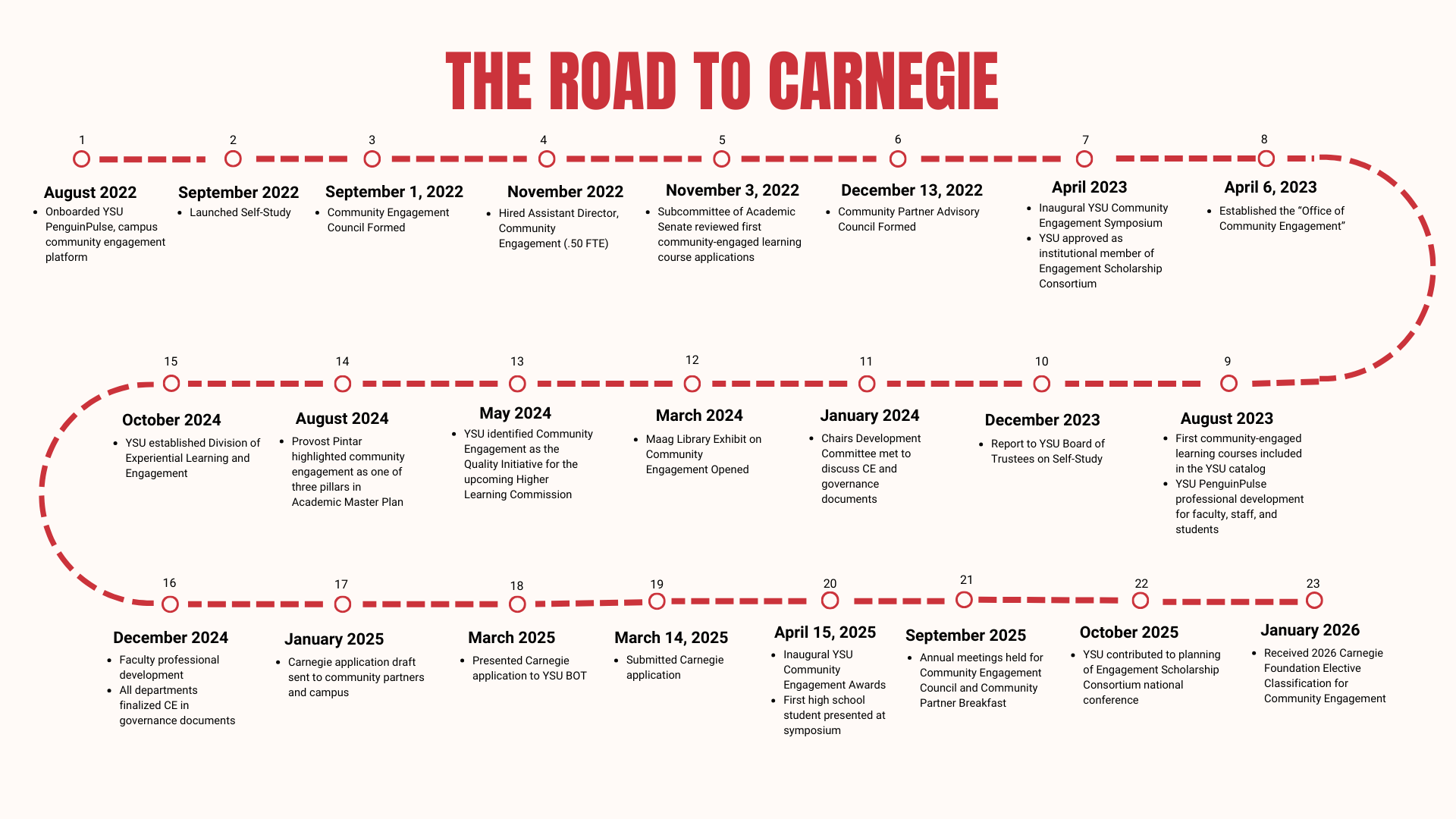
Community Engagement Council
The Community Engagement Council will lead the development of the YSU application to the Carnegie Foundation Elective Classification for Community Engagement.
- Chris Barzak, YSU Poetry Center & Beeghly College of Liberal Arts, Social Science, & Education
- Heather Belgin, Alumni
- Jenna Binsley-Smith, Tressel Institute for Leadership and Teamwork
- Levi Binsley-Smith, Office of Community Engagement
- Maria Bova, Government Affairs
- John Bralich, Center for Applied GIS & Beeghly College of Liberal Arts, Social Science, & Education
- Emilie Brown, College of Science, Technology, Engineering, and Mathematics
- Jeff Buchanan, English & World Languages & Beeghly College of Liberal Arts, Social Science, & Education
- Jonathon Cambouris, Youngstown Historical Center of Labor and Industry
- Michelle Channing, Workforce Education & Innovation
- Melissa Chizmar, Office of Community Engagement
- Amy Cossentino, Office of Academic Affairs
- Laura Dewberry, Center for Nonprofit Leadership & Williamson College of Business Administration
- Lori Factor, Government Affairs
- Jaelyn Farris, Psychological Sciences & Counseling
- Amy Fluker, Beeghly College of Liberal Arts, Social Science, & Education
- Tim Francisco, Center for Working Class Studies & Beeghly College of Liberal Arts, Social Science, & Education
- Adam Fuller, Center for Judaic and Holocaust Studies & Beeghly College of Liberal Arts, Social Sciences, and Education
- Mollie Hartup, Sokolov Honors College
- Annabelle Himes, Sokolov Honors College
- Kristin Italiano, Beeghly College of Liberal Arts, Social Sciences, and Education
- Alison Kaufman, Institute for Teaching and Learning
- Sarah Keeler, Government Affairs
- Nancy Landgraff, Graduate Studies in Health & Rehabilitation Sciences
- Scot Loveland, Ohio APEX Accelerator
- Katie Merrill, Cliffe College of Creative Arts
- Susan Moorer, Experiential Learning and Engagement
- Andrea Tharp, Sokolov Honors College, YSU PenguinPulse
- John Vargo, Athletics
- Mark Vopat, Dr. James Dale Ethics Center & Beeghly College of Liberal Arts, Social Science, & Education
- Amy Weaver, Bitonte College of Health and Human Services
- Jessie Wright, Lariccia School of Accounting and Finance & Williamson College of Business Administration
Community Partner Advisory Committee
The Community Partner Advisory Committee provides opportunities for input from community partners and adheres to the value of listening to the needs of the community and addressing needs collaboratively.
- Boys & Girls Club of Youngstown
- Habitat for Humanity of Mahoning Valley
- Mill Creek Metro Parks
- OH WOW! The Roger & Gloria Jones Children's Center for Science & Technology
- American Red Cross
- Economic Action Group
- Harmony Hospice
- MyPath Mahoning Valley
- Rescue Mission of the Mahoning Valley
- Rich Center for Autism
- Second Harvest Food Bank of the Mahoning Valley
- St. Patrick’s Church
- United Way of Youngstown and the Mahoning Valley
- Ursuline Sisters of Youngstown
- Youngstown Neighborhood Development Corporation
- Youngstown Playhouse
- YSU Eastern Ohio Area Health Center
- YSU Explorer Program
Community Fellows
Community fellows are undergraduate or graduate students who work closely with a community partner to move forward their mission.
- Livia Laudermilt
- Anna Morgione
- Prabin Pokharel
Contact Us
(330) 941-3427 ♦ communityengagement@ysu.edu
Melissa J. Chizmar
Program Coordinator, YSU Explore
mjchizmar01@ysu.edu
330-941-1930
Amy Weaver, Ph.D, RN, CNE
Professor of Nursing
Faculty Coordinator for Community Engagement
aweaver@ysu.edu
330.941.2328
Amy Cossentino, Ph.D.
Associate Provost, Strategy & Engagement & Dean
alcossentino@ysu.edu
330.941.4741
Levi Smith
Budget Administrator
ljsmith02@ysu.edu
330.941.3119
Andrea Tharp
Assistant Director, Sokolov Honors College
YSU PenguinPulse
amtharp@ysu.edu
Follow Us
Civic Engagement
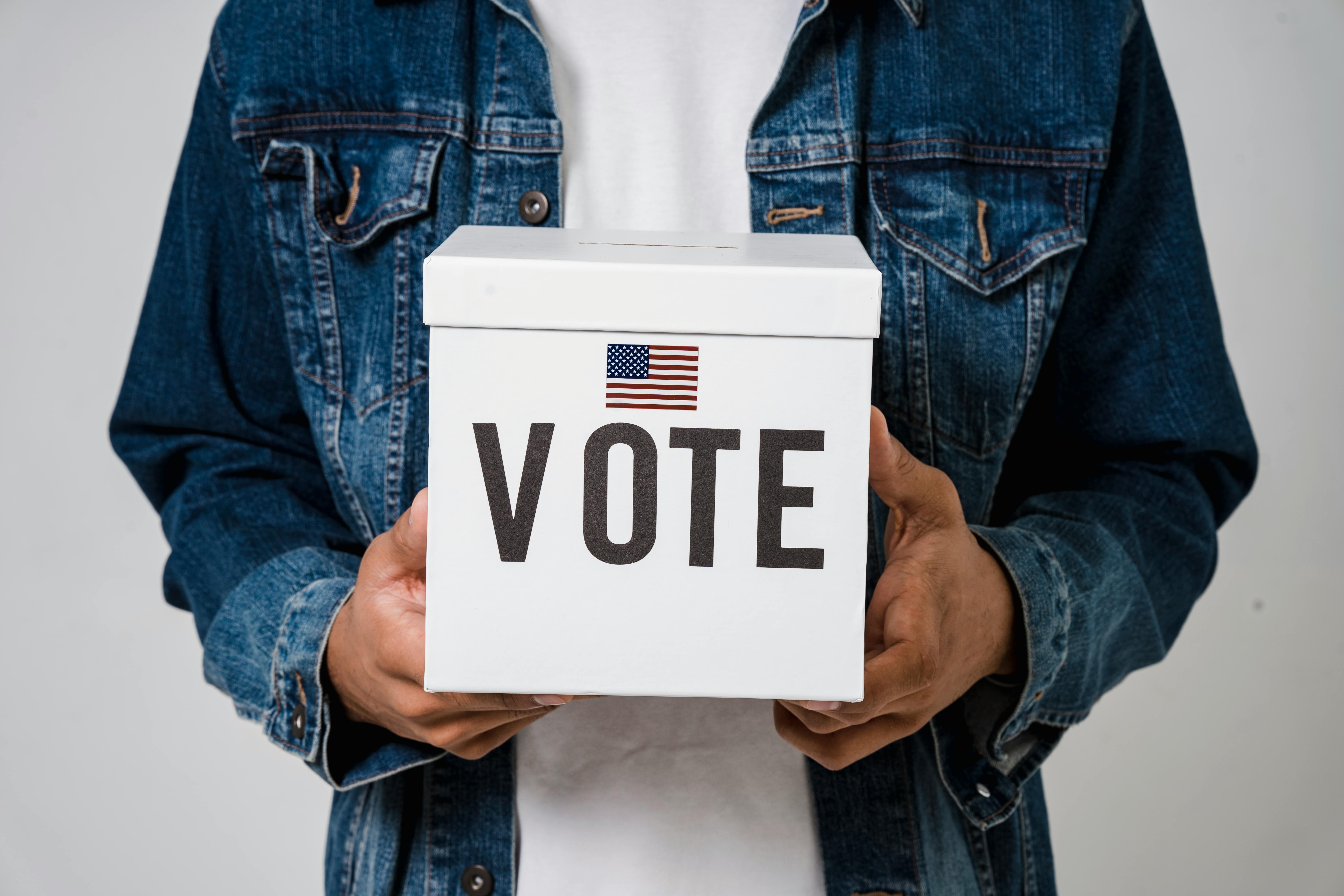
What is Civic Engagement?
Civic engagement is working to be an active community participant to address public issues, influence government decisions, and work towards the common good. It includes combining knowledge, skills, ideas, and motivation to make a positive difference and strengthen society and democracy.
Examples & Activities
Civic engagement includes anything from individual volunteerism to organizational involvement to electoral participation.
- Political Voice: Voting, contacting elected officials, protesting, campaigning
- Community Volunteering: Serving in food pantries, tutoring, participating in neighborhood clean-ups
- Community Problem Solving: Establishing a community garden or a recycling program
- Philanthropic Giving: Donating to charitable organizations or fundraising events
Importance
Engaging in your community allows you to build professional connections, develop leadership skills, and directly influence the policies that affect your life. For students, it is a critical part of becoming an informed and active member of a democratic society.
Strategies for Students
- Stay Informed: Follow local and national news to understand the issues on the ballot.
- Start Local: Join a student organization or a local board to practice civic leadership. YSU Ethics Bowl and Moot Court are two great experiential learning opportunities at YSU!
- Vote: It is the most fundamental way to shape the future of your community at the local, state, and national level.
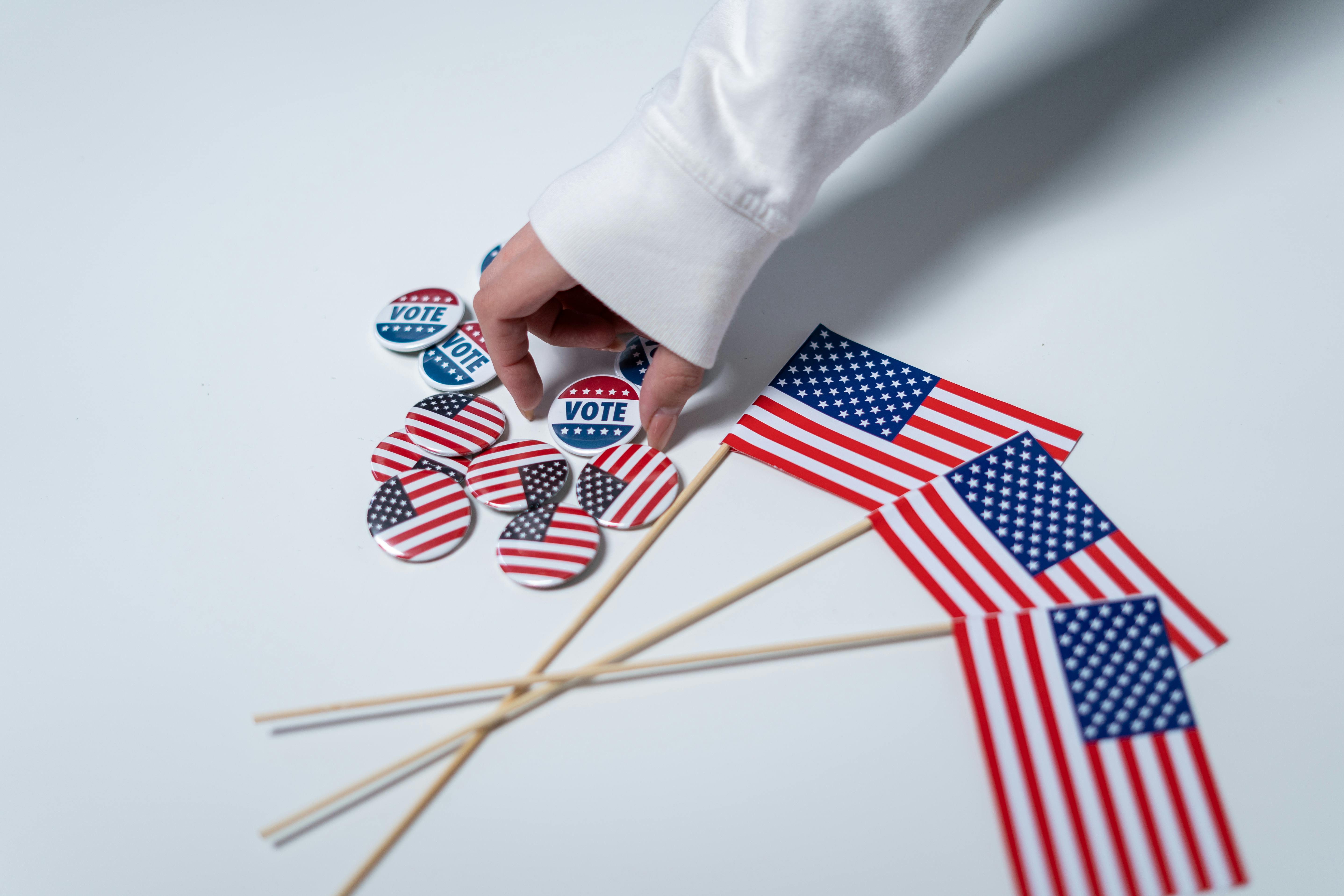
Voter Resources
We encourage all students to make a plan to vote. Use the tools below from ALL IN To Vote to ensure you are registration-ready and informed.
Join thousands of students across the country in committing to vote.
Are you registered at your current address? It takes less than 30 seconds to find out.
If you are a student from another state, you have the choice to vote in your home state (via absentee ballot) or in Ohio (at your campus address).
Can't make it to the polls on Election Day? Learn the deadlines and requirements for casting a mail-in ballot.
Election laws vary by state. Make sure you know what ID you need to bring and what your rights are at the polling place.

